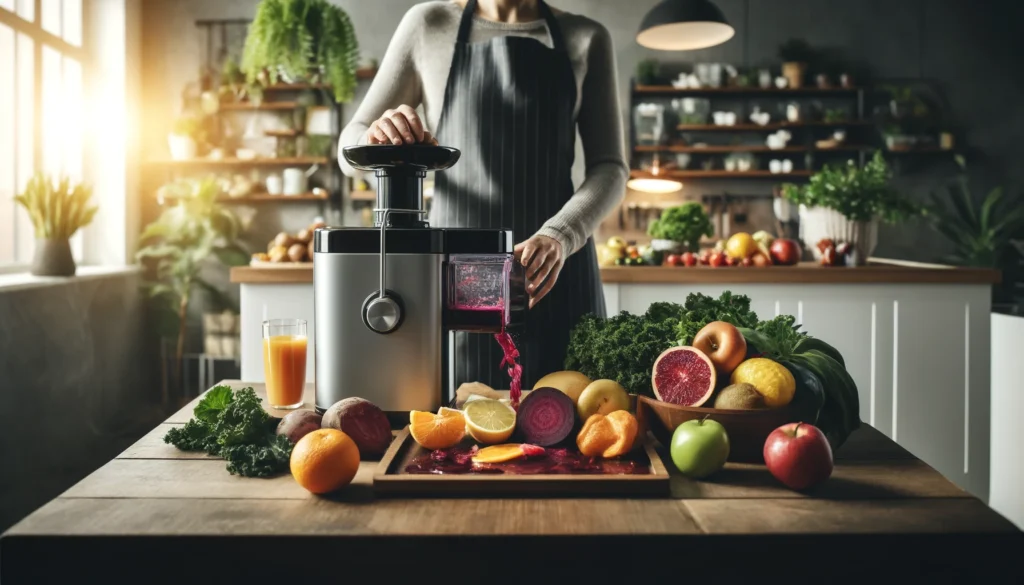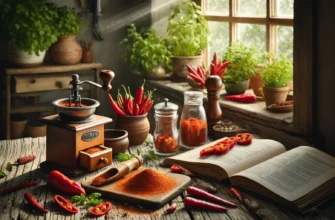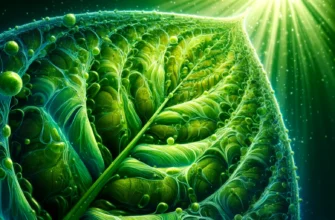As the ancient philosophers might have pondered, “To juice or not to juice, that is the question.” Whether you’re a fruit-hugging health enthusiast or just someone trying to sneak more veggies into your diet without actually having to eat them, juicing is a trend that’s hard to ignore. But beyond being a modern mixologist’s dream, what does transforming your fruits and vegetables into liquid gold actually do for you? Let’s dive into the pulpy depths of this practice – with a dash of humor and a squeeze of philosophy, of course.

- 10 Benefits of Juicing
- Nutrient Absorption Bonanza
- Hydration Station
- Variety is the Spice of Life
- Detox Delight
- Boosts Immune System
- Energy Elevator
- Supports Brain Health
- Weight Management
- Improves Skin Health
- Fun Way to Consume Veggies
- 10 Juicy Facts About Juicing
- Summary: The Squeeze on Juicing
- FAQ (Frequently Asked Questions About Juicing)
- Is it good to juice every day?
- Does juicing destroy nutrients?
- What vegetables should not be juiced?
- Does juicing detox your body?
- Is juicing a waste of food?
10 Benefits of Juicing
Nutrient Absorption Bonanza
Juicing removes the fibrous materials of fruits and vegetables, leaving you with a concentrated cocktail of vitamins, minerals, and antioxidants. It’s like a VIP fast-pass for nutrients straight into your bloodstream – no fiberous bouncers to slow them down.
Hydration Station
Juices are primarily made of water, which makes them a delightful and flavorful way to stay hydrated. Drinking cucumber or watermelon juice is essentially like texting your cells, “💦🍉 Stay hydrated, my friends!”
Variety is the Spice of Life
If eating a whole kale leaf feels like a chore, try drinking it instead! Juicing allows you to experiment with combinations you wouldn’t normally eat. Carrot-apple-ginger, anyone? It’s like becoming a veggie-loving version of a DJ, mixing beats on your blender.
Detox Delight
While the body is naturally equipped with detoxifying organs, proponents of juicing argue that it gives these organs a much-needed vacation. A juice cleanse is like sending your liver to a spa for a weekend.
Boosts Immune System
Juices are loaded with a booster shot of nutrients known to enhance the immune system. Think of it as installing antivirus software but in a tasty, liquid form.
Energy Elevator
Without the laborious process of digesting heavy fibers, the body supposedly utilizes energy more efficiently after drinking juice. It’s the difference between taking the stairs and using the elevator.
Supports Brain Health
Some studies suggest that the antioxidants in juices, like those from blueberries or spinach, can improve cognitive function. It’s not just brain food; it’s brain drink.
Weight Management
Replacing a meal or two with juice can help manage calorie intake, which supports weight loss. Note: this doesn’t mean all-day juice; you still need solid food, folks!
Improves Skin Health
The high vitamin content in juices can lead to better skin health. Drinking juice might just make your skin glow as if you’re in love or have just finished a marathon. Both exhilarating experiences, but one is definitely easier on the knees.
Fun Way to Consume Veggies
Let’s face it – juicing makes consuming vegetables fun and easy. It’s a crafty way to fool yourself (or your kids) into consuming those greens without the grimace.
10 Juicy Facts About Juicing
- The first documented use of juicing dates back to 150 BCE with the Dead Sea Scrolls.
- On average, it takes about 4 lbs of fresh produce to make just one 16-ounce bottle of juice.
- The world record for the largest glass of fruit juice was set in 2017 and contained 3,500 liters of orange juice.
- Juicing can help preserve enzymes typically lost in the cooking process.
- Celebrities like Gwyneth Paltrow and Tom Brady are known advocates of juicing.
- Carrot juice was once used as an early form of sunscreen.
- Juice bars first became popular in the United States in the 1970s.
- Oranges are the most popular fruit for juicing worldwide.
- Juicing isn’t just for fruits and vegetables – wheatgrass shots are a popular juiced supplement.
- The global juicing industry is expected to reach $8.1 billion by 2024.
Summary: The Squeeze on Juicing
Whether you’re looking for a vitamin surge, a splash of hydration, or just a new way to trick yourself into healthiness, juicing offers a flavorful adventure. So, pull out your juicer, and prepare your taste buds for a ride through the garden – you might just discover your new favorite snack is a drink!
FAQ (Frequently Asked Questions About Juicing)
Is it good to juice every day?
Juicing daily can be a great way to boost your intake of vitamins and minerals, especially if you’re not a big fan of whole fruits and vegetables. However, moderation is key. Relying solely on juices can lead you to miss out on essential fiber and other nutrients found in whole foods. Think of juicing like watching reality TV – a little can be entertaining, but too much might not be the best for your brain.
Does juicing destroy nutrients?
Not exactly. While it’s true that the heat from some juicers might degrade a few sensitive vitamins, most modern juicers are designed to preserve as many nutrients as possible. However, the longer you let your juice sit, the more nutrients it may lose. So, drink up quickly – fresh juice waits for no one, much like good gossip.
What vegetables should not be juiced?
Generally, most vegetables are fair game for juicing, but there are a few exceptions. Vegetables with high starch content, like potatoes and sweet potatoes, can produce a thick, unappetizing sludge rather than a refreshing juice. Also, it’s best to avoid juicing very bitter veggies in large quantities – unless you want your taste buds to file a complaint for assault.
Does juicing detox your body?
Despite the popular claims, your liver and kidneys are the VIPs of detoxification, working tirelessly to cleanse your body. Juicing doesn’t detox your body any more than a good night’s sleep does. Drinking juice can support these organs with nutrients, but it’s not a magical cleanse. If only it were that easy, we’d all be sipping kale smoothies instead of paying taxes!
Is juicing a waste of food?
Juicing can be seen as wasteful since it often removes the fiber and some nutrients contained in the pulp and skins of fruits and vegetables. To minimize waste, you can use the leftover pulp in recipes like soups, muffins, or compost it. Think of it as recycling – but tastier and less controversial than discussing plastic use at a family dinner.







